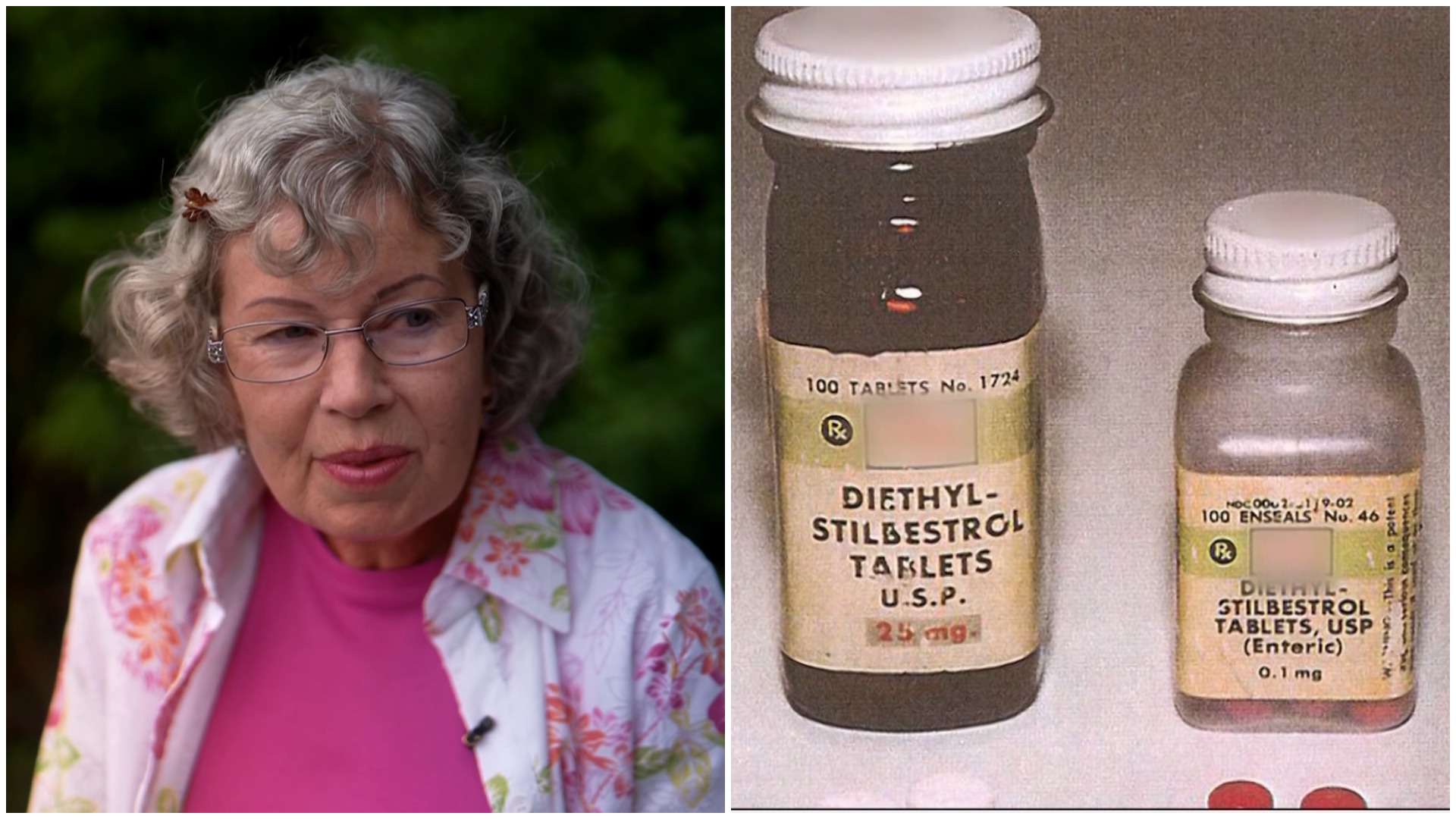A Scottish researcher has received £235,000 to investigate how changes to the barrier between the blood supply and the brain contributes to Alzheimer’s disease.
It is part of a £2m funding commitment by Alzheimer’s Research UK to support 15 new research projects across the UK.
The funding announcement has been made by the organisation during Dementia Awareness Week.
Dr Fiona McLean, from the University of Dundee, will receive the funding to help her to develop her research with the aim of finding future dementia treatments.
In her fellowship project, Dr McLean will study the blood-brain barrier and how it acts differently in Alzheimer’s.
Blood vessels play a vital role in delivering oxygen to the brain, which has a specialised group of cells which form a barrier between the blood vessels and the nerve cells.
This layer of protection is called the ‘blood-brain barrier’, with those cells determining what gets into the brain and what doesn’t.
The blood-brain barrier deteriorates in the disease, allowing toxic substances to enter the brain.
Dr McLean will look at when and how the build up of amyloid – a protein that builds up in the brains of people with Alzheimer’s disease – causes the blood-brain barrier to break down.
“Funding from Alzheimer’s Research UK has allowed me to develop my research that could ultimately help the search for future dementia treatments,” she said.
“My work focuses on a group of specialised cells in the brain that forms a barrier between blood vessels and the rest of our brain cells.
“This layer of protection controls what is allowed to enter our brain’s environment, but in diseases like Alzheimer’s this barrier can become leaky and let in toxic molecules.
“My research will provide insights on how the blood-brain barrier becomes leaky in Alzheimer’s with the hope of finding ways to slow down, stop or even reverse this happening.”
Dr Sara Imarisio, head of research at Alzheimer’s Research UK, said: “Dementia affects nearly one million people in the UK including around 90,000 in Scotland alone.
“This condition is not an inevitable part of getting older, but the result of diseases that damage the brain.
“The most common cause of dementia is Alzheimer’s disease, and ground-breaking research in Dundee will help to unpick the complex processes that contribute to its causes and drive progress towards new treatments.
Follow STV News on WhatsApp
Scan the QR code on your mobile device for all the latest news from around the country


 iStock
iStock




















